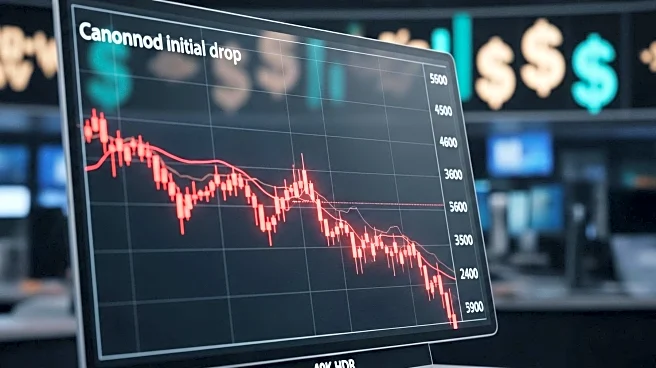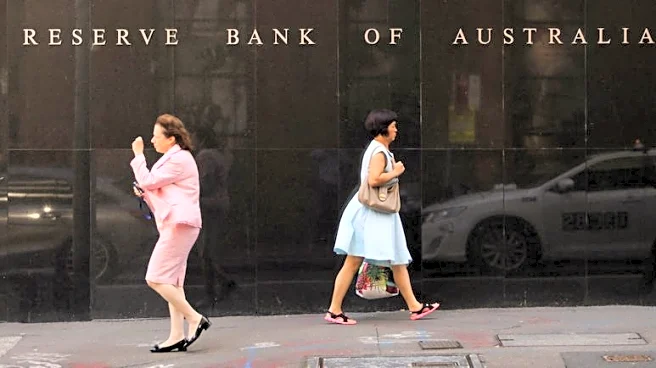What's Happening?
StubHub, the online ticket reseller, made its debut on the New York Stock Exchange (NYSE) with its initial public offering (IPO) priced at $23.50 per share, raising $800 million. The stock opened at $25.35 but closed at $22, marking a 6.4% drop on its first day of trading. This IPO comes after previous delays due to market volatility, including a pause in April following President Trump's 'Liberation Day' tariffs. The company, now trading under the ticker symbol 'STUB,' is valued at $8.1 billion. StubHub's IPO is part of a broader trend of tech companies entering the market, following recent debuts by firms like Klarna and Gemini.
Why It's Important?
The IPO of StubHub is significant as it reflects the current state of the tech market, which is seeing a resurgence after a period of downturn. The successful raising of $800 million indicates investor confidence in the company's business model and future prospects. However, the initial drop in stock price suggests market caution and the challenges StubHub may face in maintaining investor interest. The IPO also highlights the impact of external factors, such as tariffs and market volatility, on business decisions and market performance. This development could influence other tech companies considering public offerings.
What's Next?
Following its IPO, StubHub will need to focus on stabilizing its stock price and demonstrating growth potential to maintain investor confidence. The company may explore strategic partnerships or expansions to enhance its market position. Additionally, the broader tech market will be watching StubHub's performance as an indicator of investor sentiment and market conditions. Other companies planning IPOs may adjust their strategies based on StubHub's experience, particularly in navigating market volatility and external economic factors.










